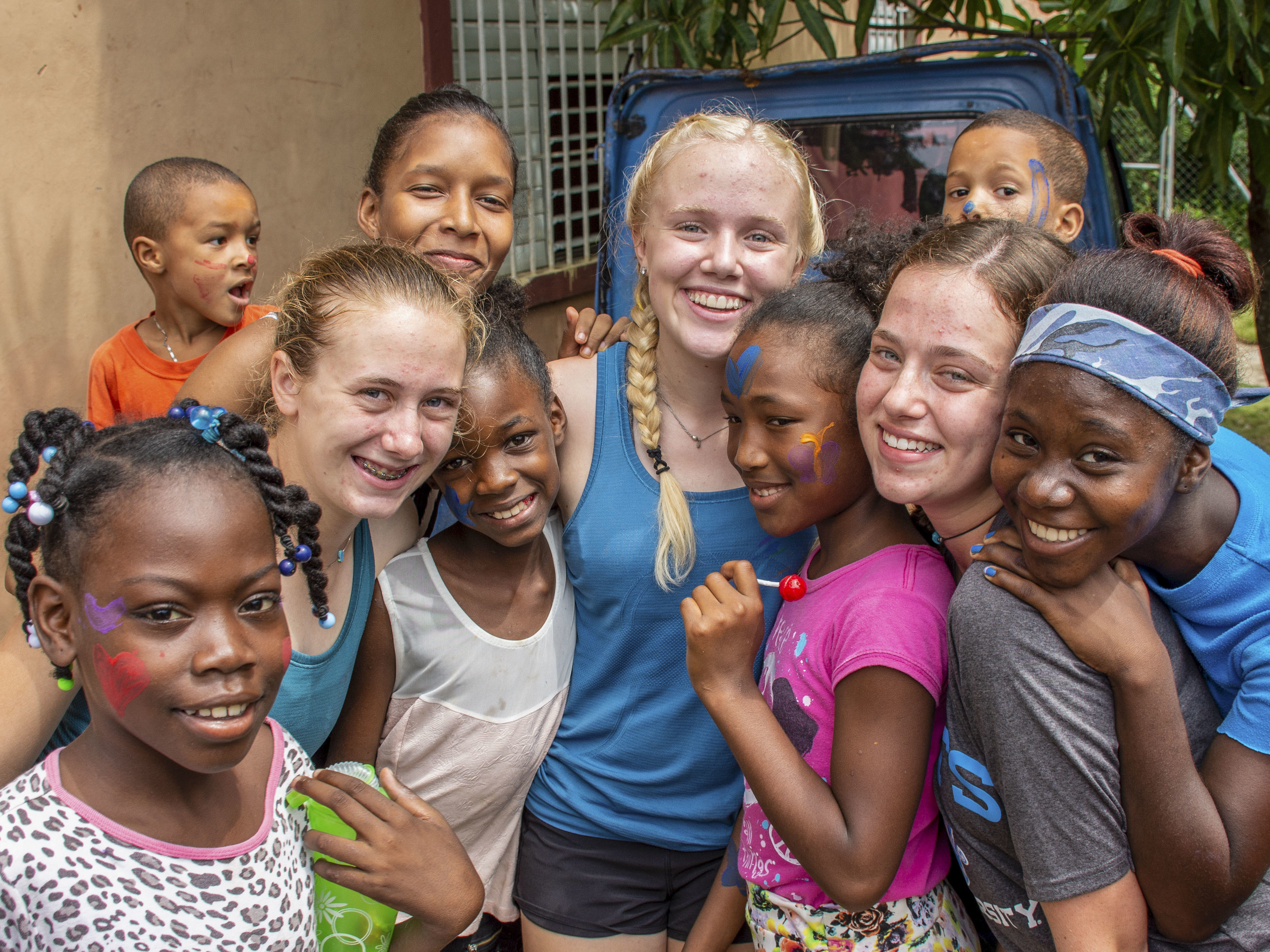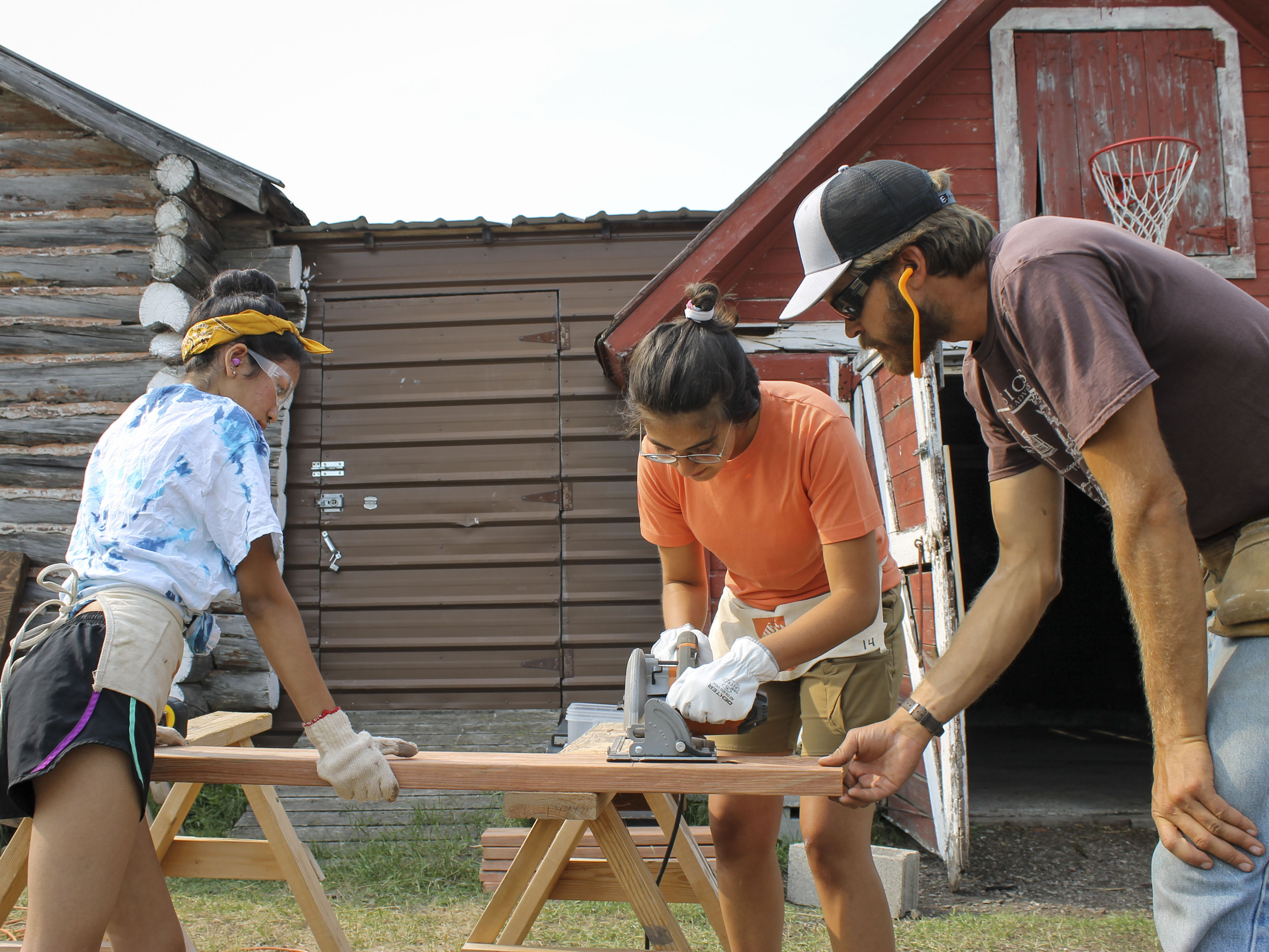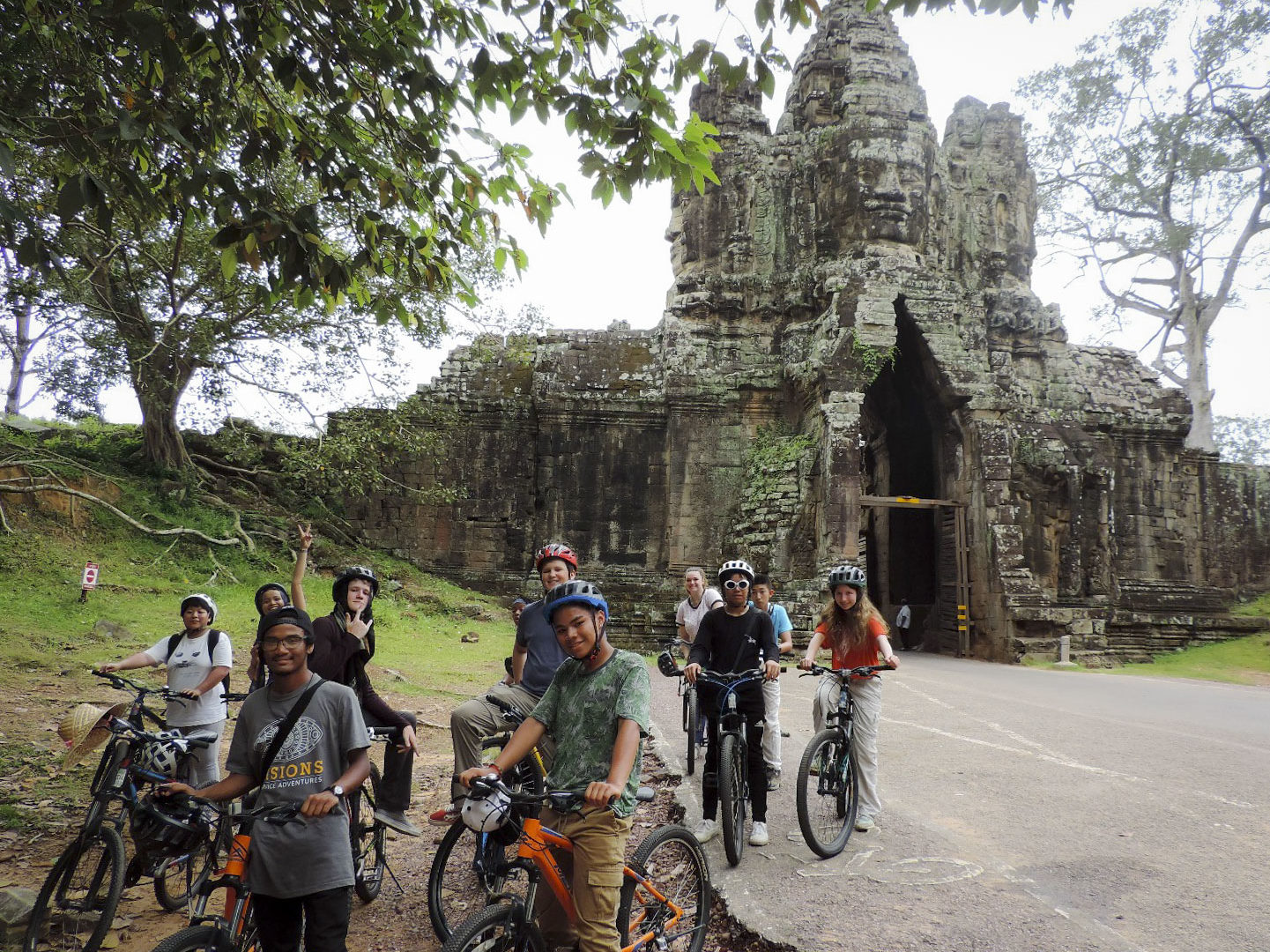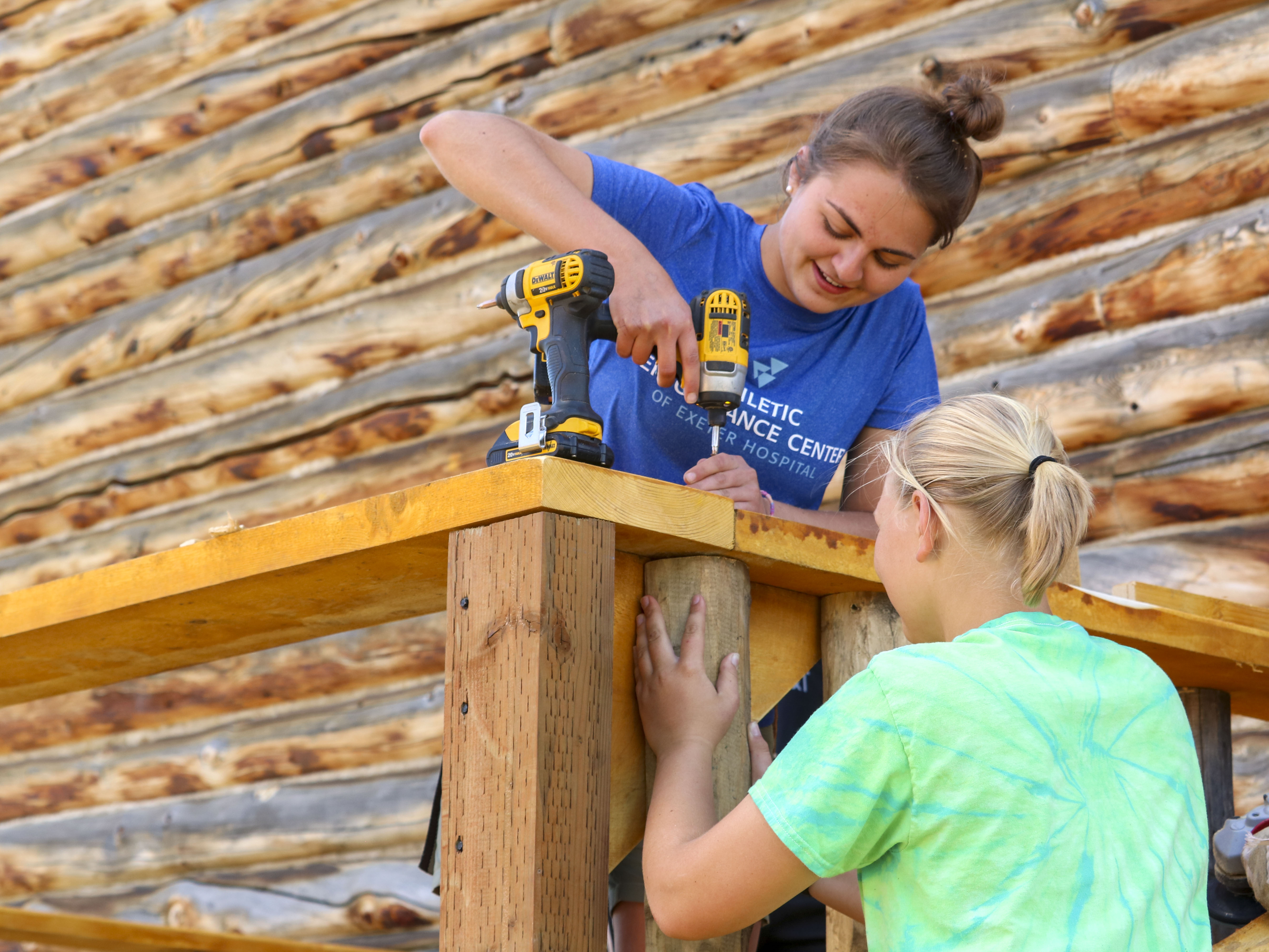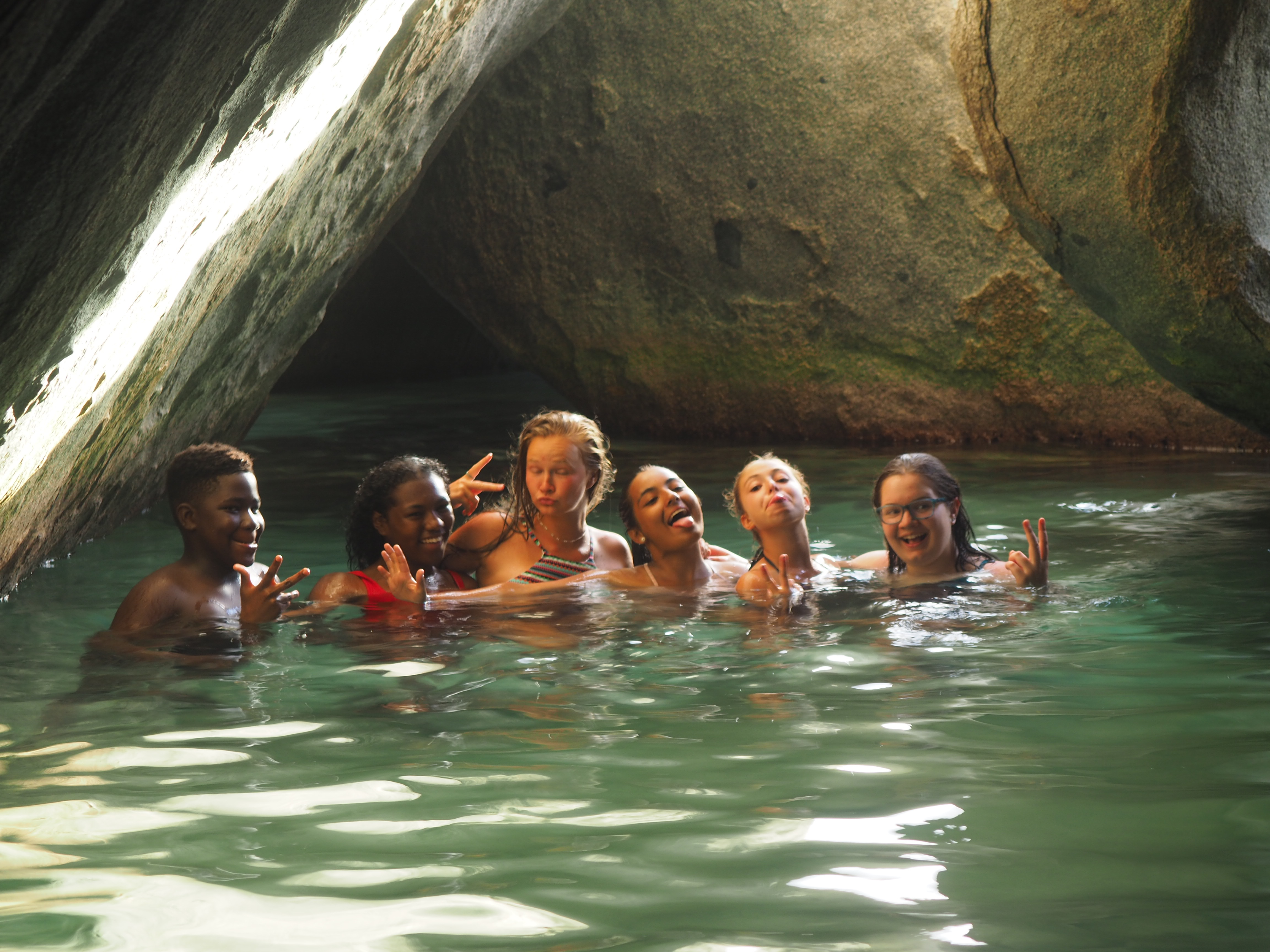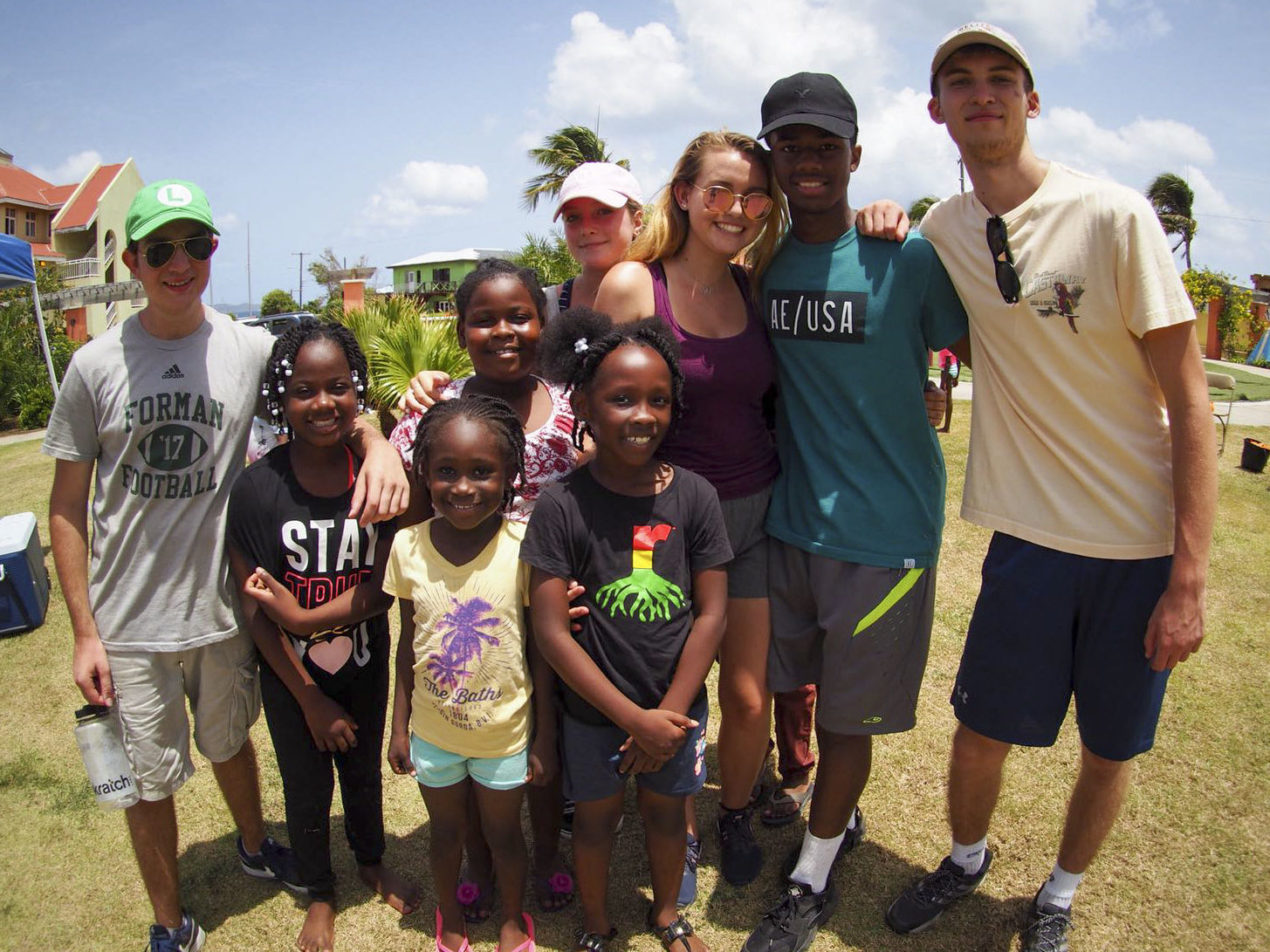7 Questions to Ask When Choosing Summer Programs
Advice for Summer Planning
When making plans for summer, there is no shortage of options for you or your teen. There are sleepaway camps, teen tours, sports camps, international programs, and the list goes on. You can easily get lost in a sea of alluring catalogs promising life-changing summers. To help you navigate your options, below are 7 questions to ask when choosing summer programs.
While many kids stay home during the summer break, experiential and travel based programs for teens are becoming a more common option. The programs offer great ways of learning about a new culture, dipping your toes into travel, and doing something exceptionally unique and potentially life-changing. There are wonderful rewards and possibilities.
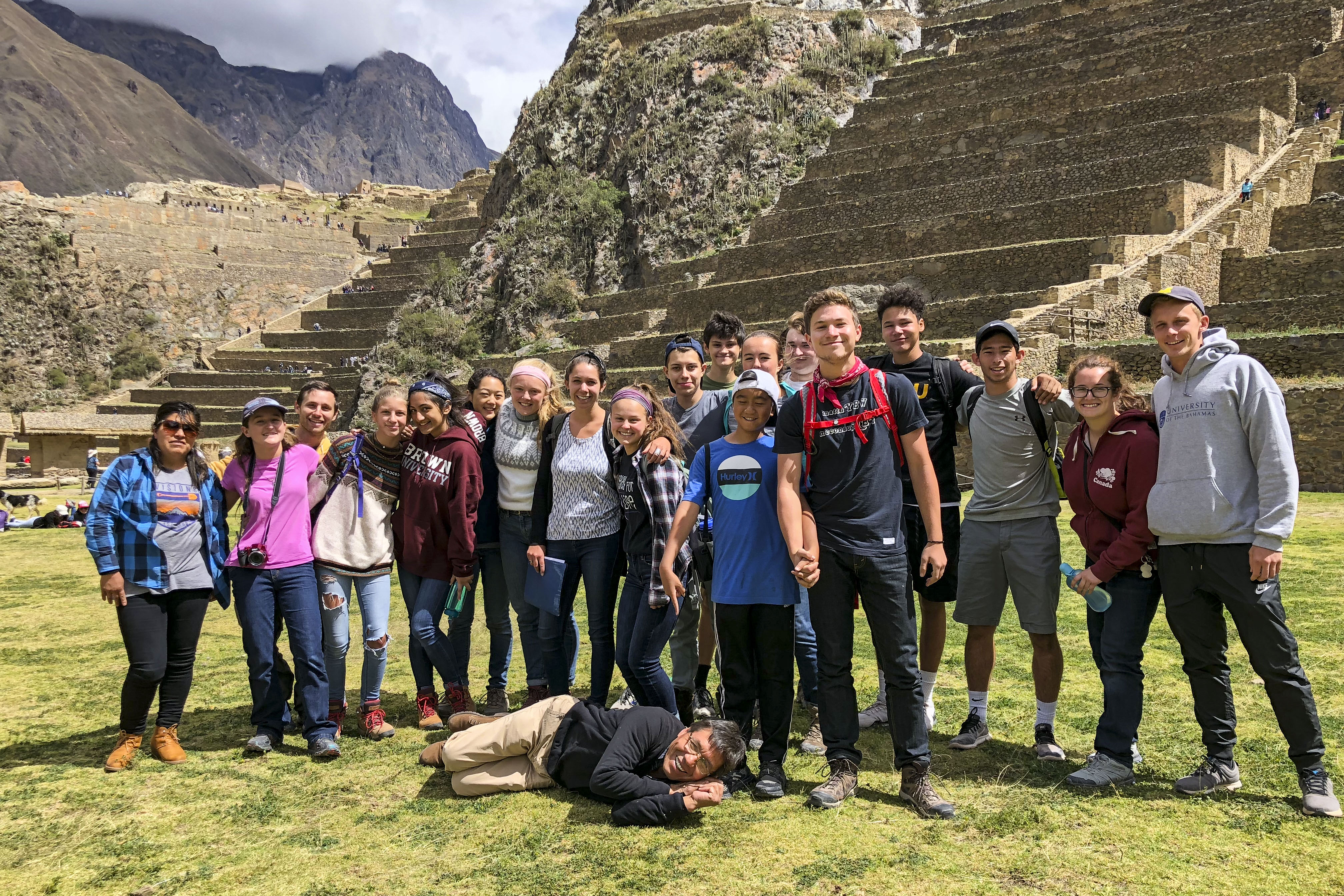

At the same time, when it comes to travel programs—or really any summer experience for kids—it’s important to do some homework to make sure you’re finding the best fit, and that the program is well-run. For international travel programs, for example, there is no governing body that oversees safety protocols, and even many U.S.-based camps aren’t part of an accrediting organization.
After you’ve narrowed down your search to programs that are aligned with your child’s interests, whether academics, community service, sports, etc., here are 7 questions to ask when choosing summer programs:
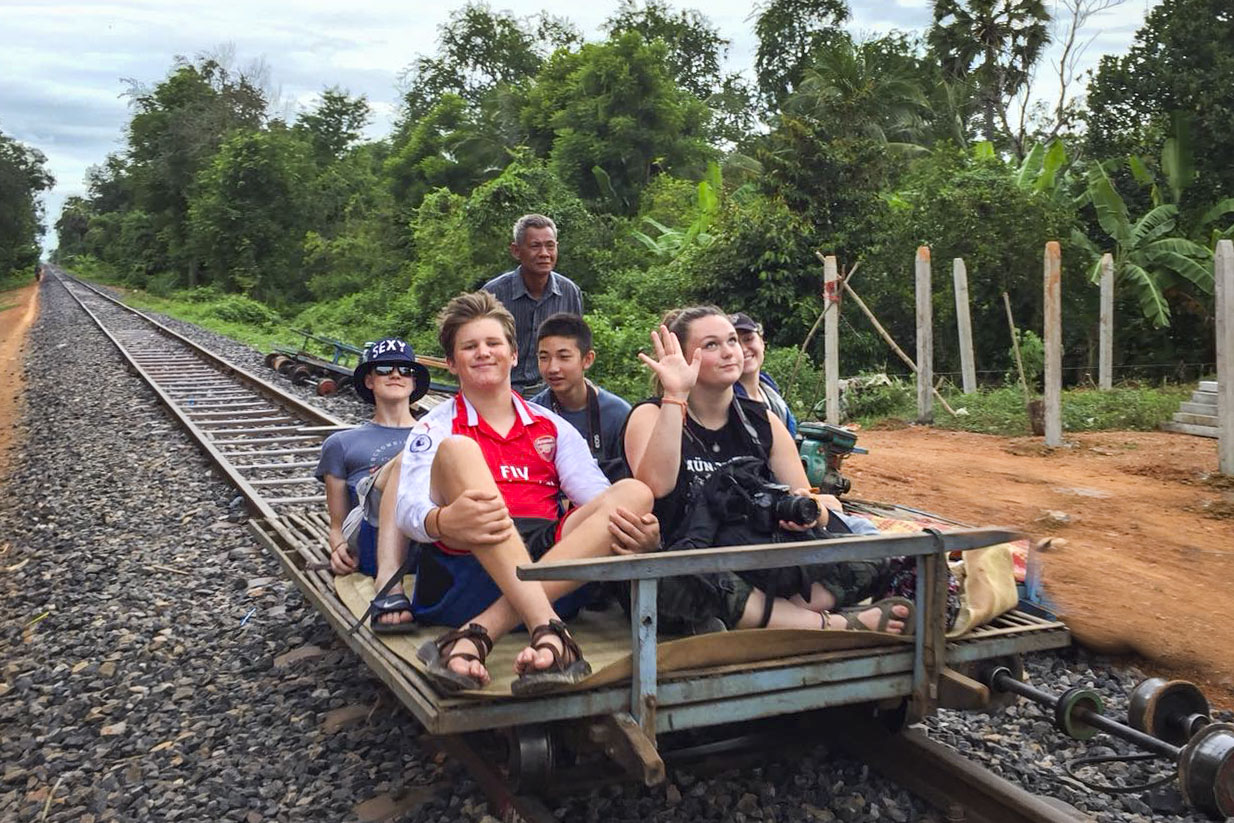
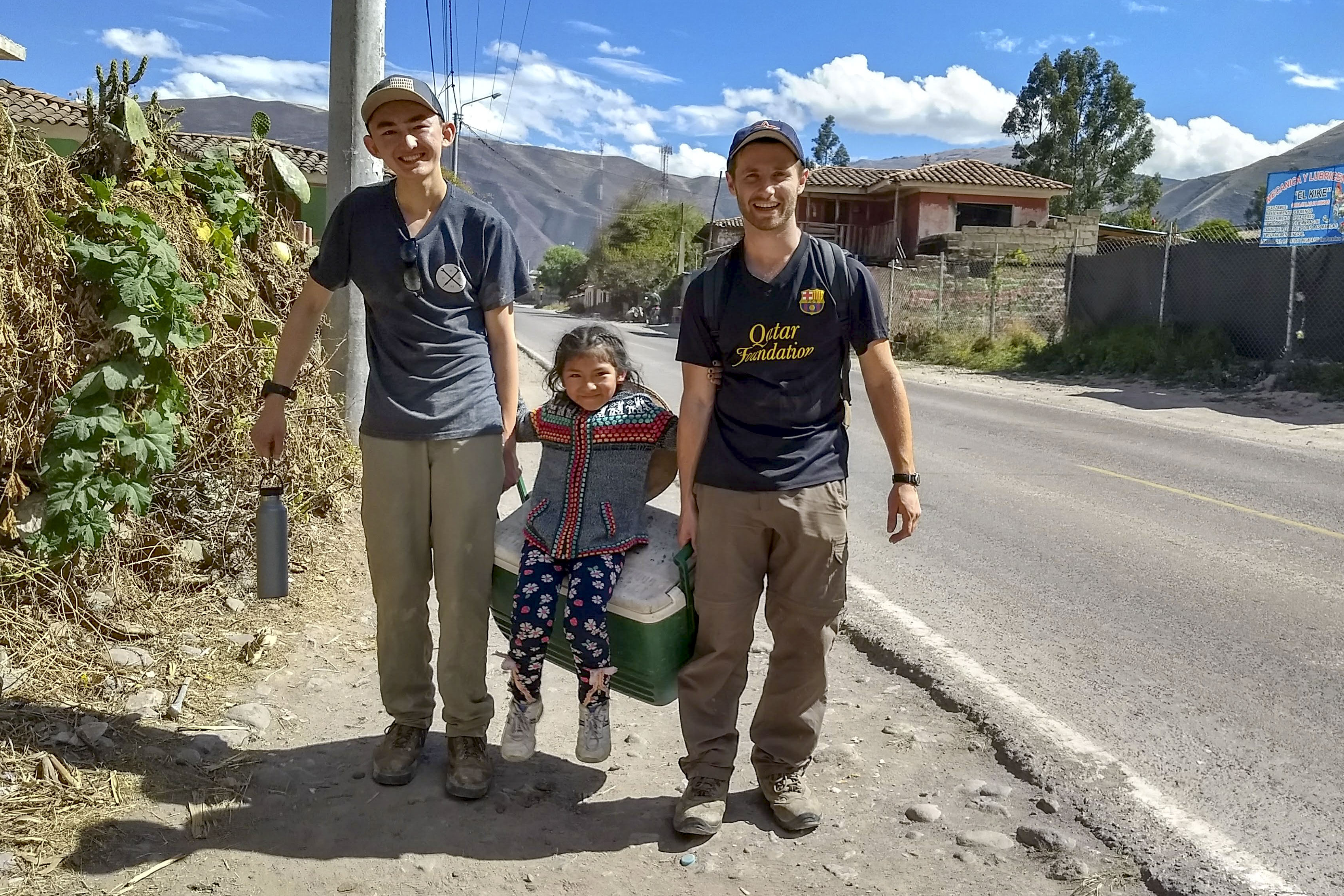
1) What’s the leadership?
How are leaders chosen, and what are the systems for checks and balances in the field? How are they trained? What’s the minimum age? And last, but certainly not least, what’s the leader ratio? For travel programs, leaders should be 22 and over, and a 1 leader to 6 students ratio should be the minimum. Risk-management, security and supervision directly correspond to the number and quality of leaders. (Example of a great leader: Alberto Ramos).
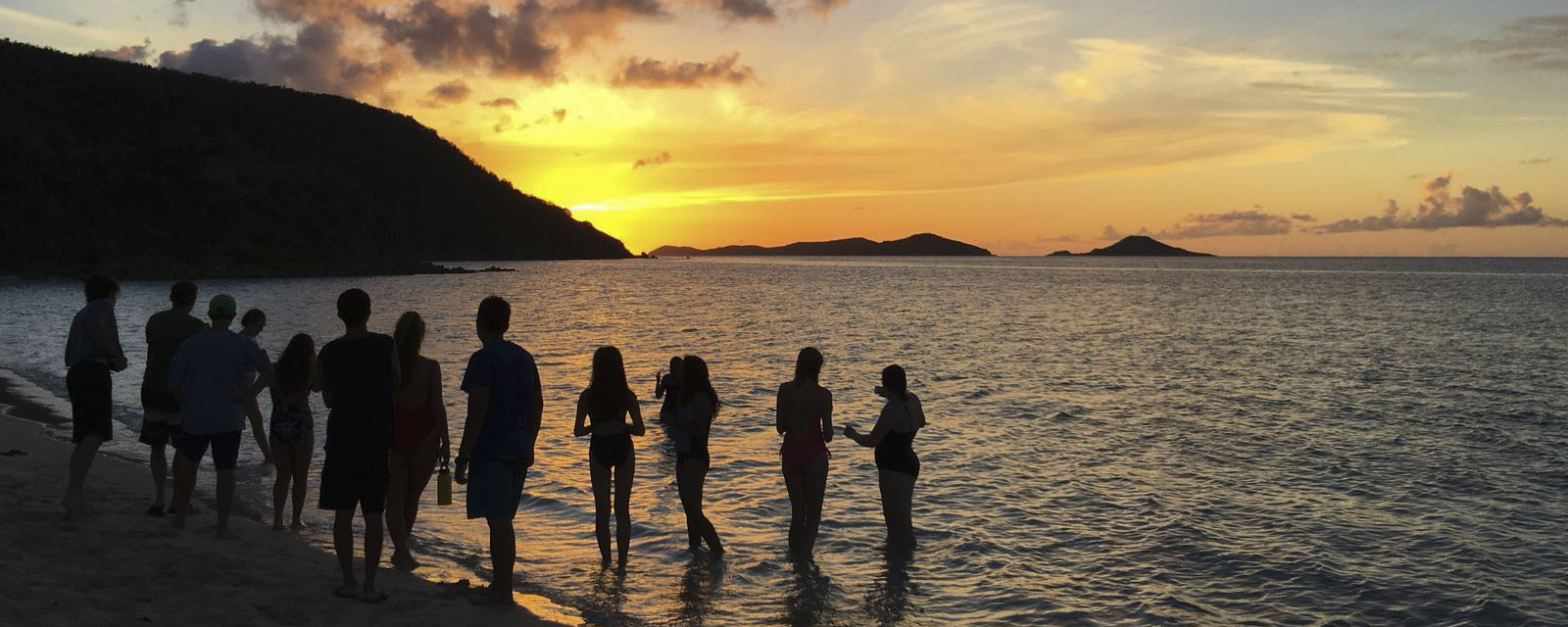

2) How many years in operation?
Has the organization been running programs for at least 10 years? If less, do leaders and administrators have prior related experience working with young people? Youth summer programs are complex, and proven work history can be a sign that they have the experience to perform accordingly. (Examples of why this matters: History of Collaboration; Multigenerational Community; 30-Year Reunion)
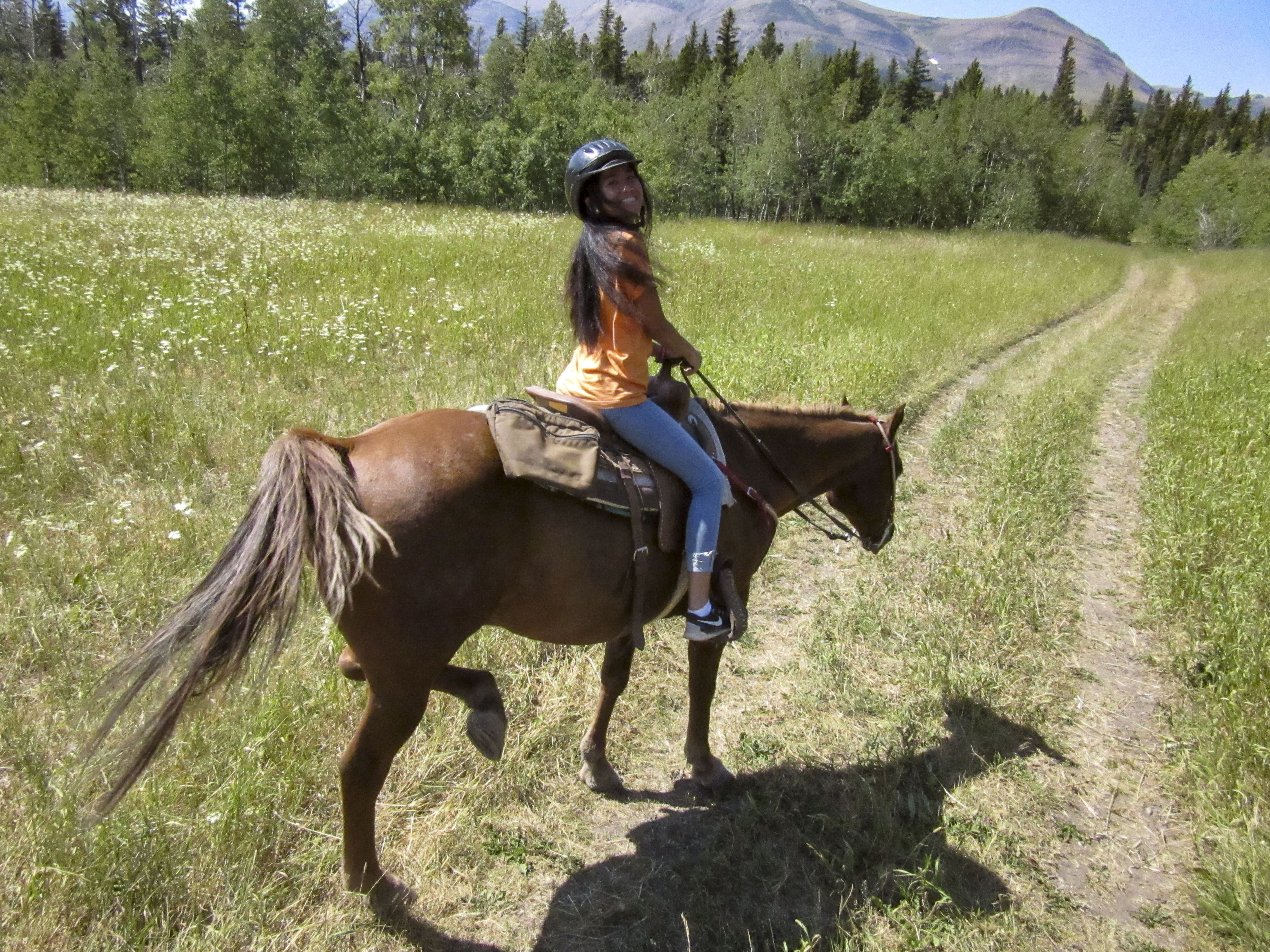
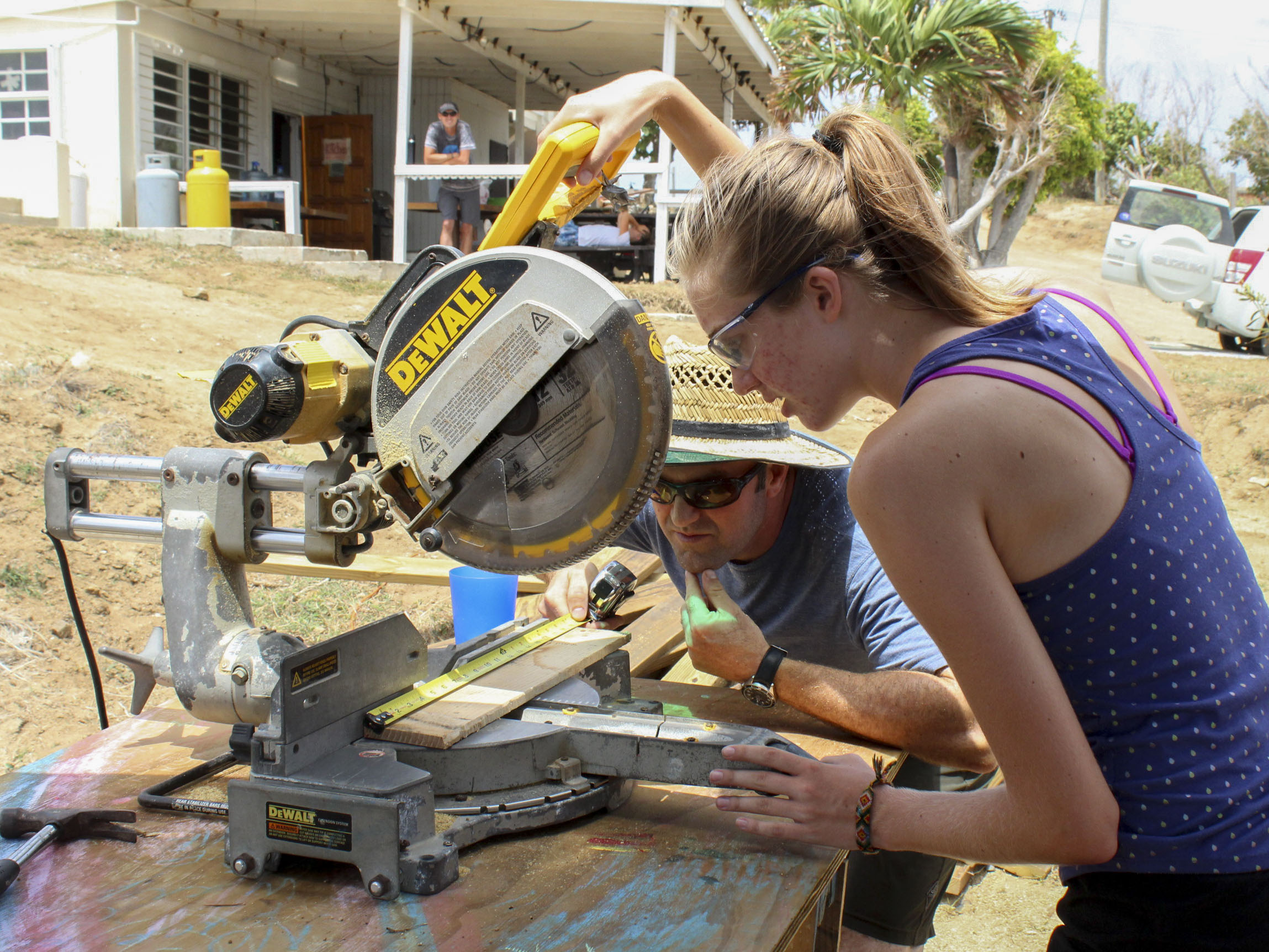
3) What are the risk-management protocols?
How are medical emergencies handled from beginning to end? If it’s an international program, do they require emergency evacuation insurance for participants? This is something you hope is never needed, but if it is, it can be critical. Also, does the organization have liability insurance and at a reasonable level relative to the number of participants? You want to make sure the organization has thought through all of the important health and safety concerns.
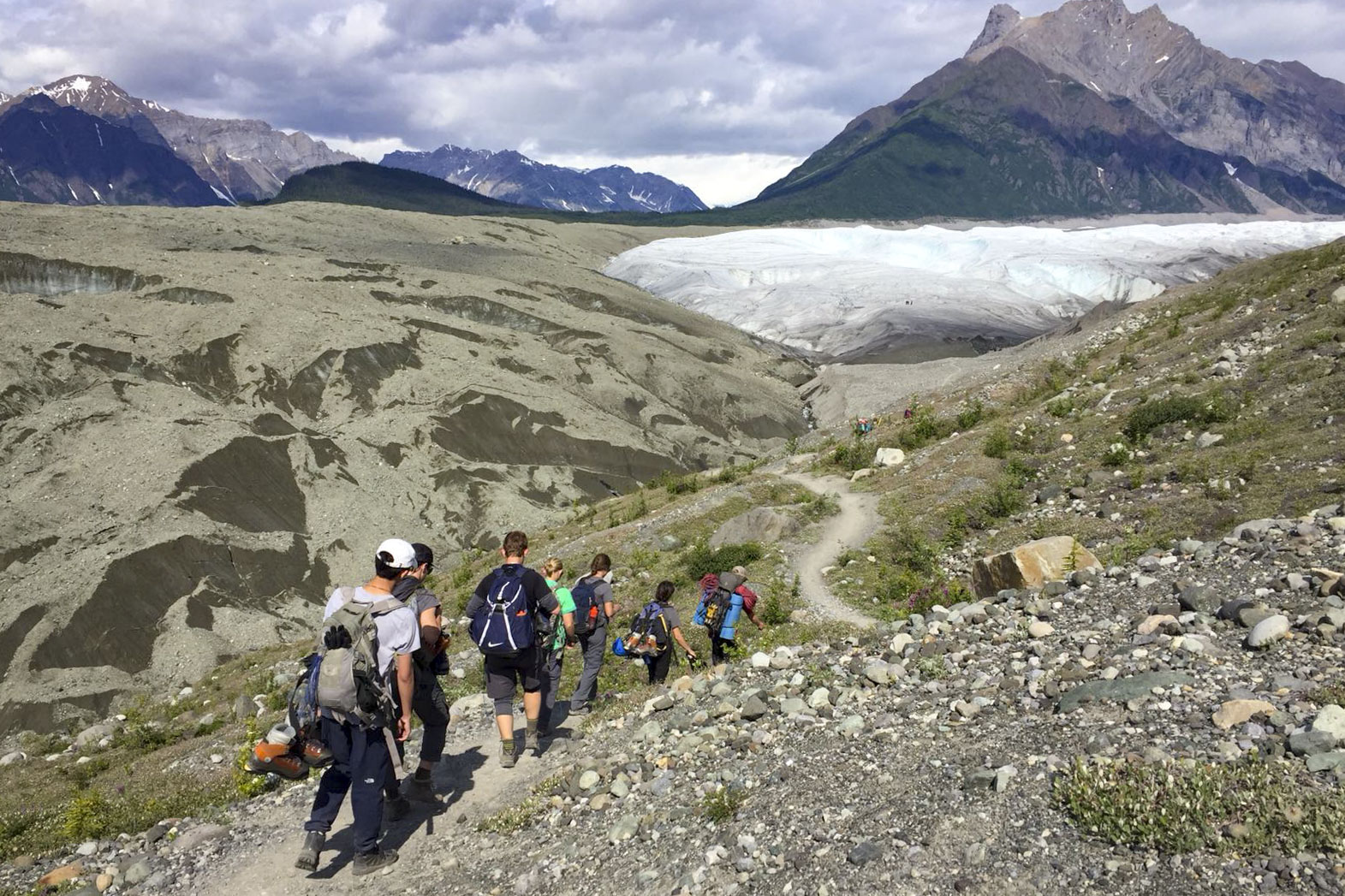

4) What’s the focus?
Does the organization have a core focus? If you have a certain goal in mind, make sure that goal is at the heart of the program’s focus. For instance, some programs may do some service projects, but the projects are peripheral to another core program focus, such as adventure. This won’t be as rewarding for the kids who really want to be involved in meaningful community service work. (Examples of teens finding the right focus: Lydia & Lauren).

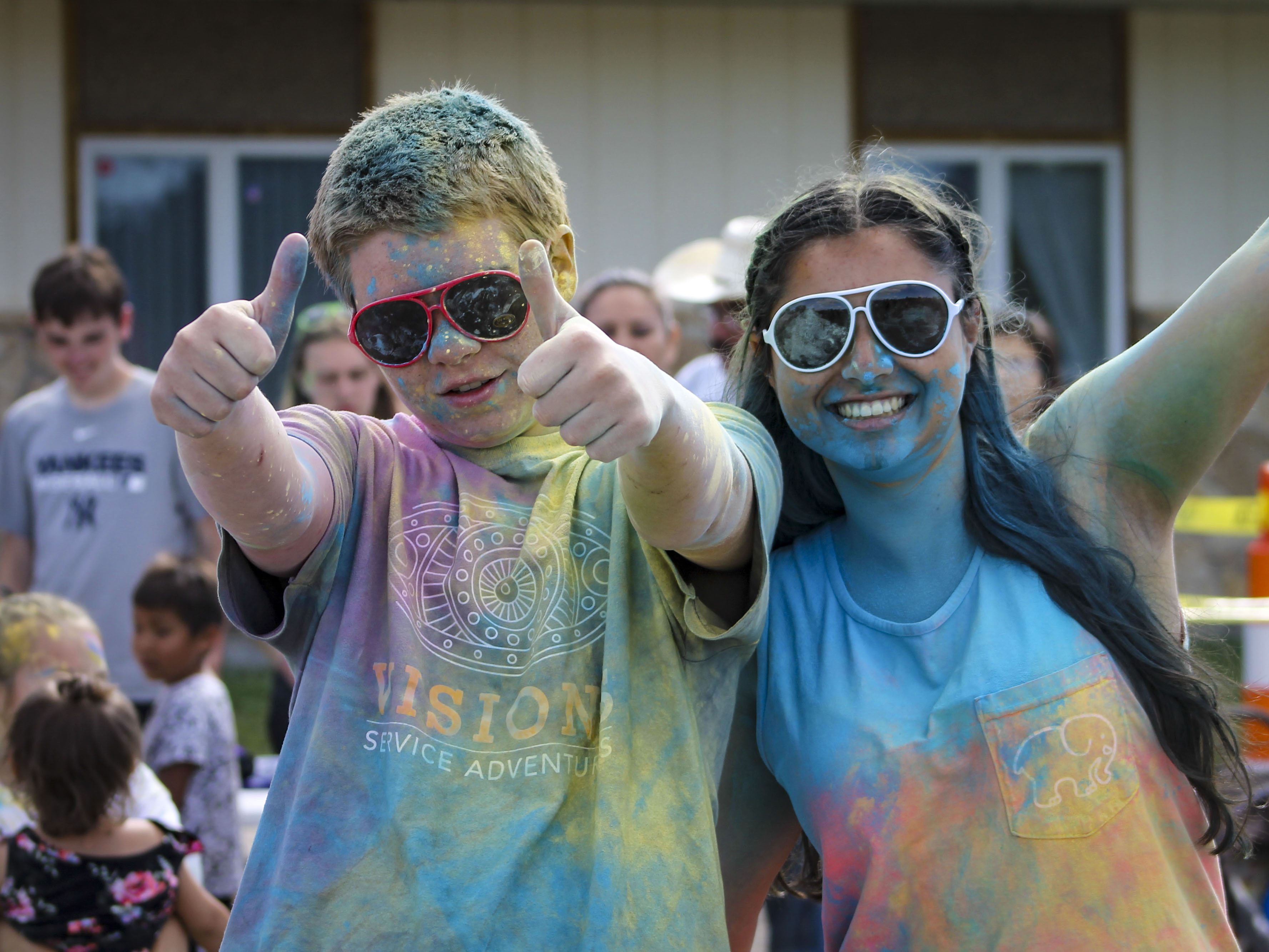
5) What’s the technology policy?
Academic programs may allow technology in an appropriate fashion, but for cultural immersion or experiential programs, it’s important to ask why an organization would allow technology if the goal is for kids to be awakened to their surroundings. Is there enough structured programming? If immersion in cultures or wilderness is important, find a program where technology is stripped out. (Check out the research on tech-free & how to survive without technology).
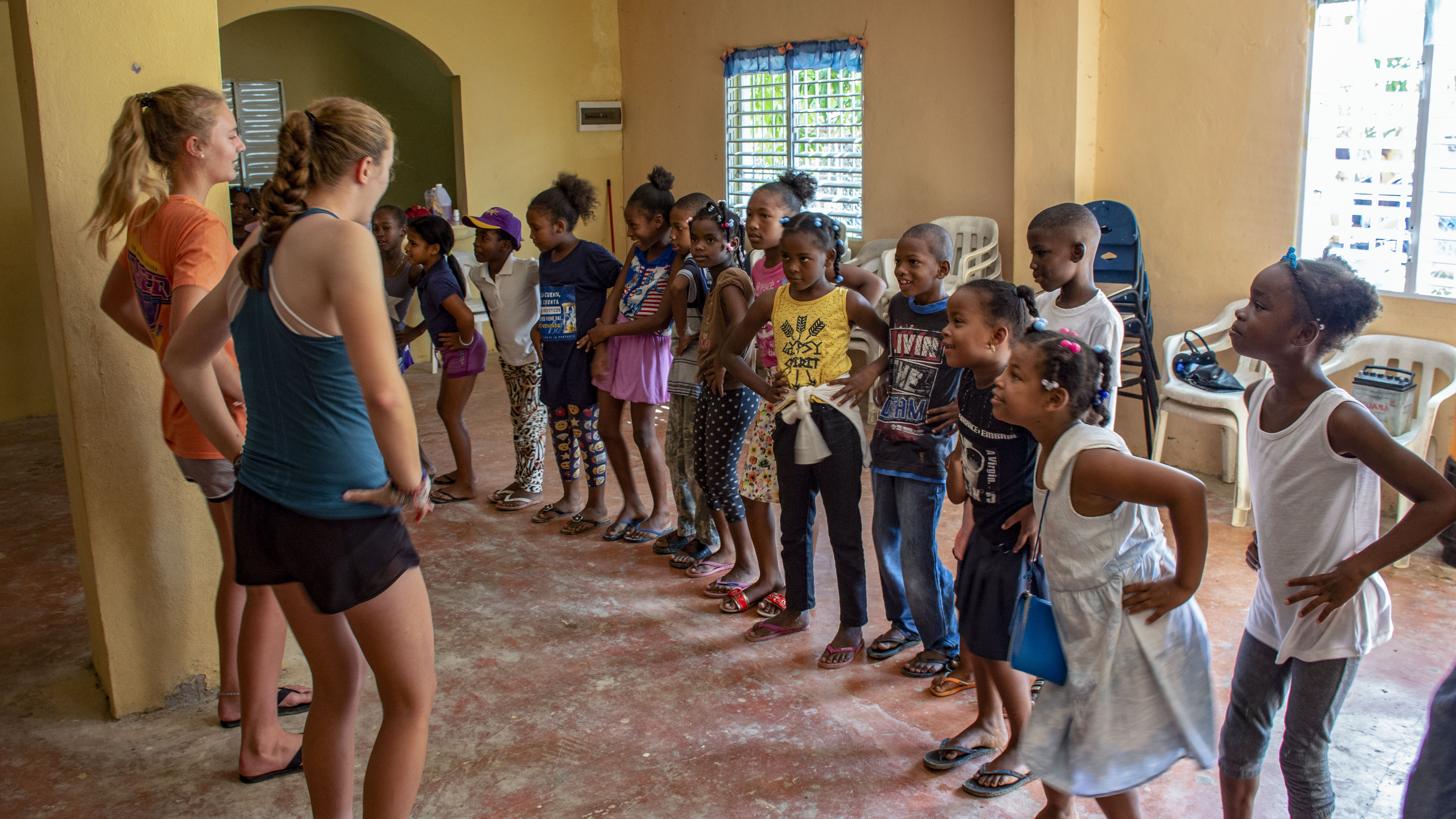

6) How much does it cost & is there financial aid?
Make sure the program fits with your budget, and it’s also perfectly fair to ask about financial aid. Organizations that provide financial aid demonstrate a belief in what they want to do and feel passionate about offering it to kids who can’t pay full price.
7) Can I check references & reviews?
It’s time to do some sleuthing! Ask the organization for references of alumni participants and parents, and give the references a call or send them an email to ask about their experiences. If a company doesn’t have a reference list to provide? Red flag. Also, perform online searches for review sites (simply Google “reviews & company name”), and read up.
7) Can I check references & reviews?
It’s time to do some sleuthing! Ask the organization for references of alumni participants and parents, and give the references a call or send them an email to ask about their experiences. If a company doesn’t have a reference list to provide? Red flag. Also, perform online searches for review sites (simply Google “reviews & company name”), and read up.
Recommended Posts

Local Dish in Peru That You Need to Try – and Make!
Neyda Rivera, VISIONS long-time cook and community partner, has a favorite dish – and we want you to try it! Learn how to make Lomo Saltado, an authentic Peruvian dish and a VISIONS summer favorite.

Local Dish in the Dominican Republic That Makes Dominicans Nostalgic
The Dominican Republic, with its stunning beaches, lush landscapes, and rich cultural heritage, is a paradise for travelers seeking an authentic experience. While the country’s natural beauty is undoubtedly captivating, the local dishes add an unforgettable dimension to your journey.
Recommended Posts

Local Dish in Peru That You Need to Try – and Make!
Neyda Rivera, VISIONS long-time cook and community partner, has a favorite dish – and we want you to try it! Learn how to make Lomo Saltado, an authentic Peruvian dish and a VISIONS summer favorite.

Local Dish in the Dominican Republic That Makes Dominicans Nostalgic
The Dominican Republic, with its stunning beaches, lush landscapes, and rich cultural heritage, is a paradise for travelers seeking an authentic experience. While the country’s natural beauty is undoubtedly captivating, the local dishes add an unforgettable dimension to your journey.
